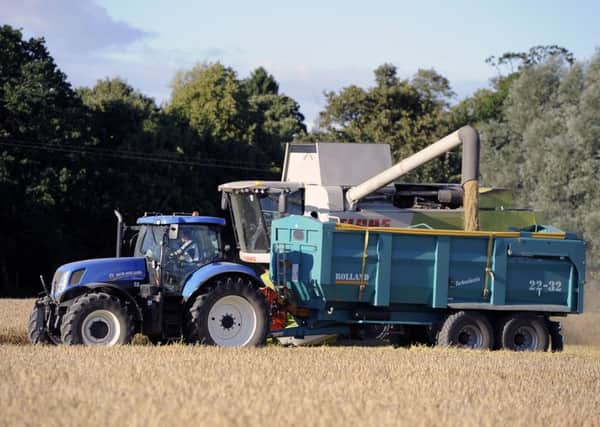Agriculture bodies team up to offer Brexit advice
This article contains affiliate links. We may earn a small commission on items purchased through this article, but that does not affect our editorial judgement.


Launched less than 24 hours after the UK government gained parliament’s clearance to press ahead with triggering Article 50 – and the news that the Scottish Government was seeking a second independence referendum before the UK left the EU – the new group said that it would remain politically neutral when promoting the requirements of the industry.
Advertisement
Hide AdAdvertisement
Hide AdSpeaking yesterday, the coalition’s co-ordinator David Caffall, chief executive of Agricultural Industries Confederation (AIC), said that with organisations across the country trying to feed their message into the complex negotiations, the new group would provide a one-stop shop of expertise to inform all governments and administrations on issues affecting the trading and supplying of goods, services, technology and advice to the farming sector.
The group brings together the AIC, the Agricultural Engineers Association, British Society of Plant Breeders, Central Association of Agricultural Valuers, Crop Protection Association, Grain and Feed Trade Association, National Association of Agricultural Contractors and the National Office of Animal Health.
Caffall said that the coalition covered the operations of organisations both north and south of the Border and would aim to inform and influence all UK governments “in order to achieve a positive outcome to negotiations for UK agriculture as well as the EU and the wider world”.